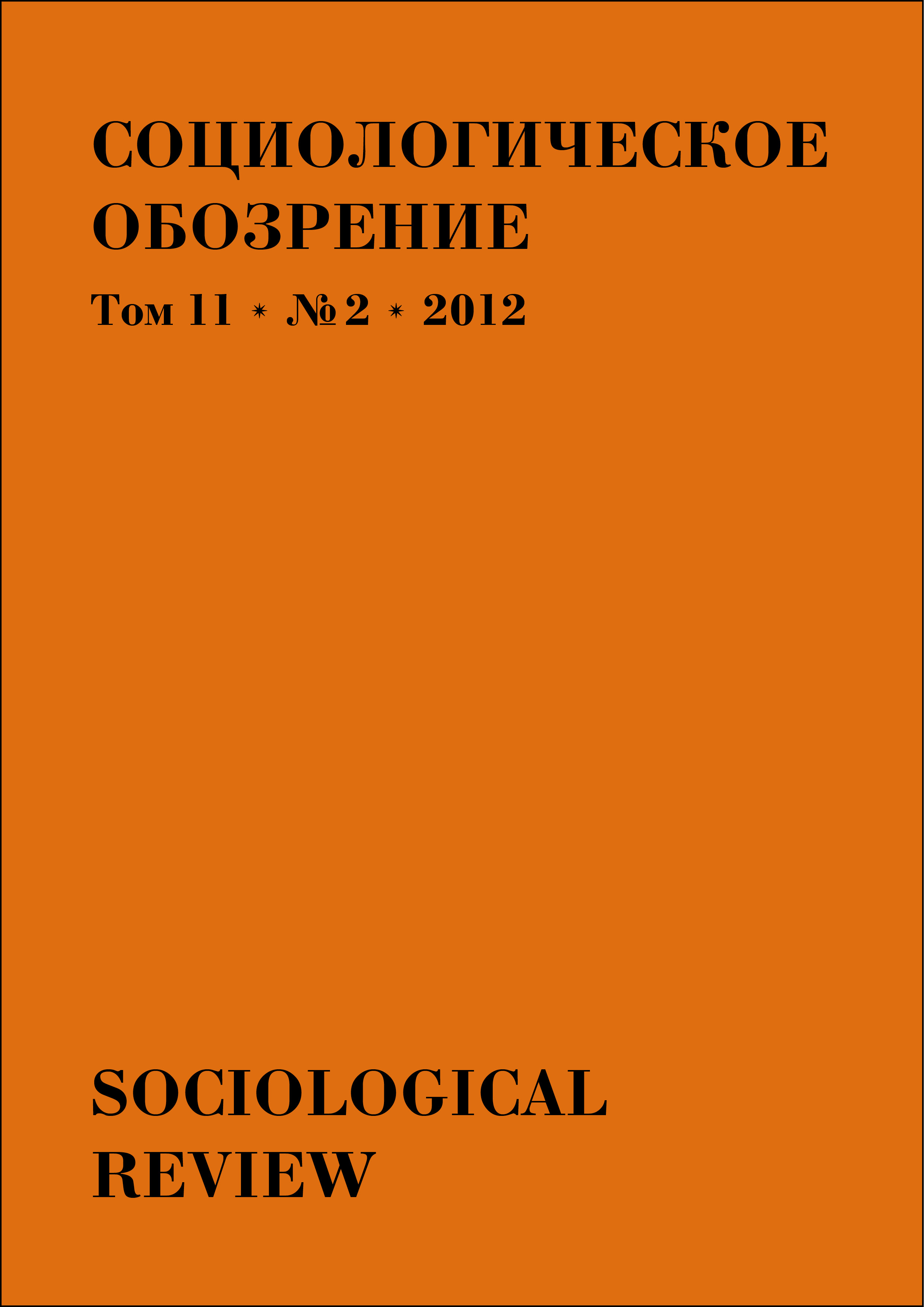Two worlds of action: social science, social theory and systems of sociological refraction
Abstract
Despite many points of divergence, social scientists and social theorists seem united by one primary concern: to identify what it is people are doing (or sometimes merely the negative of this, to expose that people are not doing what they took themselves to be doing, or that their peers or ancestors are not doing what folk had took them to have been doing). The thought that this might count as not only a viable but centrally important concern is grounded in a scepticism about the ability of societies’ ordinary members to reliably correctly identify their own and others’ actions. In this scepticism, such social scientists and social theorists usually situate themselves in opposition to ethnomethodologists and Peter Winch. This scepticism is grounded in a belief that ordinary or competent members of societies are unreliable authorities on the identity of their own and others’ actions because they are subject to systems of sociological refraction. The idea being that ordinary members of society are systematically misled as to the identity of their actions and those of their peers because they — or their perceptions of actions — are subject to the refractive properties of (for example) ideology, or folk theories of action, and so on. In this paper, I subject to analysis this core commitment of much social science and social theory.




